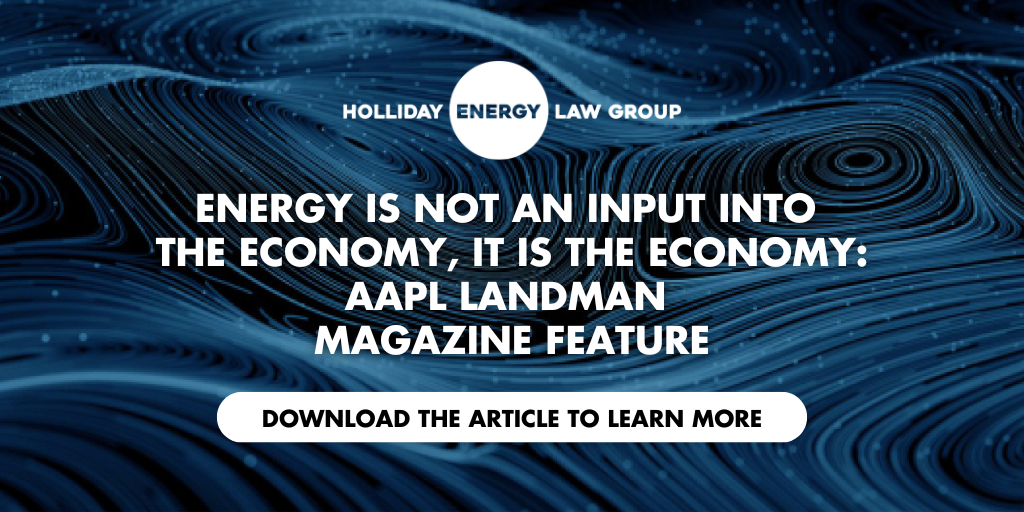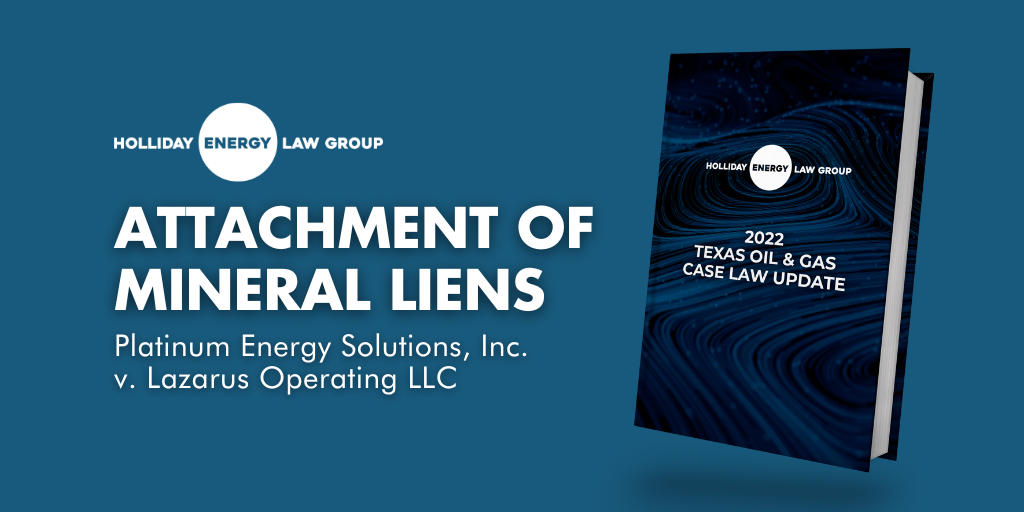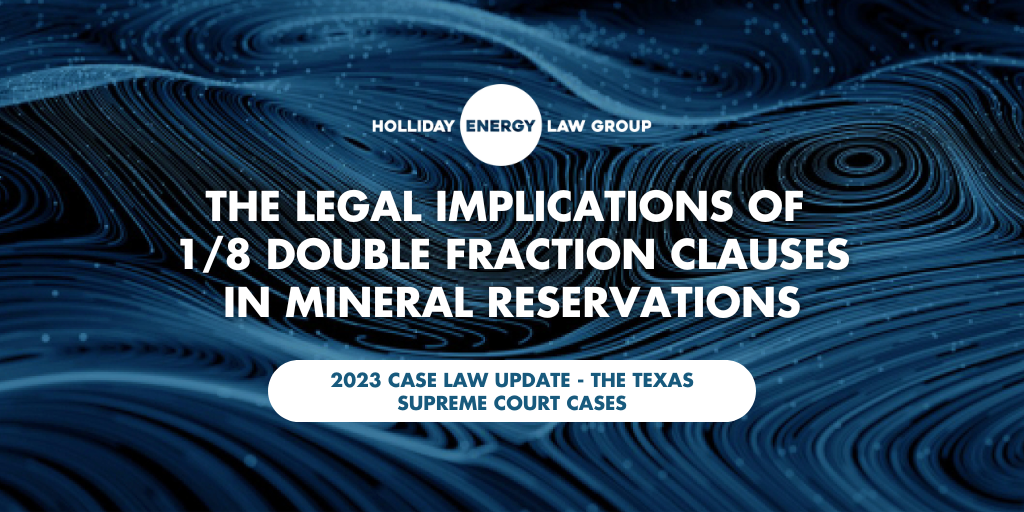Energy Is Not an Input into the Economy, It Is the Economy: AAPL LANDMAN Magazine Feature

Humanity organizes its economic activities to ensure a steady growth in the extraction and exploitation of primary energy because energy is life, standards of living are defined by how much energy is available to be exploited, and all humans everywhere are perpetually seeking a higher standard of living.
Both the significance of “other minerals” in a grant or reservation of oil and gas rights, a term which was largely overlooked for decades, has now grown tremendously in value due to the evolution of national and global energy markets. The energy transition, or more aptly, an intentional shift toward greater electrification and less hydrocarbon-based energy sources, is expected to require a significant increase in mining production to source the vast quantities of critical minerals required to build out clean energy generation systems and power delivery infrastructure. This article examines potential legal implications of this shift for mineral rights owners in the United States, including the application of long-dormant and ill-defined property rights to newly desirable mineral substances. Primarily, our question is what is meant by the term “minerals” or “other minerals” as the words are found in ubiquitous grants or reservations across the United States. We conducted a detailed analysis of the canons of construction for mineral grants or reservations for various of the larger energy-producing jurisdictions, including Texas, New Mexico, Colorado, Oklahoma, Wyoming, North Dakota and federal lands. It discusses the various tests and doctrines used by courts in these states to determine mineral ownership. In so doing, the paper seeks to provide a preview of the likely analytical framework that a court within this selected group of states currently will follow, so that we may understand how said courts are likely to address issues of first impression regarding the ownership of mineral substances no previously assigned significant economic value.
To read the rest of the paper featured in the July/August 2025 edition of LANDMAN magazine, click below.
This paper was originally published by The Foundation for Natural Resources and Energy Law in the Proceedings of the 70th Annual Natural Resources and Energy Law Institute (2024). Reprinted with permission.



